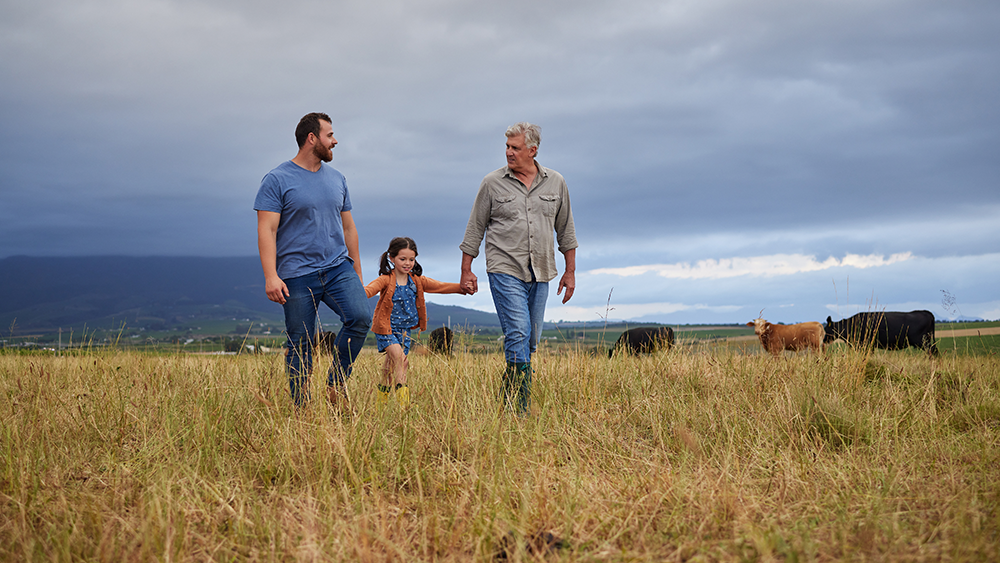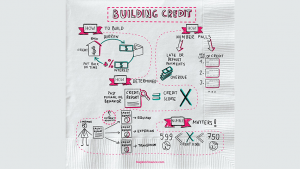
Succession planning is crucial for preserving family farms and ranches across generations. It involves creating a strategic roadmap to ensure a smooth transition of assets, responsibilities and decision-making authority from one generation to the next. This process helps safeguard the legacy of the farm while preparing the next generation for leadership roles[2].
One of the primary goals of farm succession planning is to minimize conflicts and uncertainties within the family. By addressing these issues proactively, families can maintain harmony and unity, which are essential for the continued success of the farming operation[1]. Additionally, a well-structured succession plan can help manage financial aspects, such as estate taxes and capital gains, thereby optimizing financial resources for future generations[3].
Involving all family members in the planning process is vital. Open communication about the succession plan can help align the expectations and priorities of all parties involved. This includes discussing the roles and responsibilities of each family member and addressing any potential conflicts early on[3].
Legal and financial professionals play a key role in formalizing the succession plan. They can assist in structuring the transfer of assets through trusts or business entities like LLCs, which can provide liability protection and potential tax benefits[3]. Conservation easements are another tool that can ensure the land remains dedicated to agriculture, preserving the family’s farming legacy[4].
Ultimately, farm succession planning is an investment in the future of the family and the agriculture industry. By taking these steps, families can ensure their farm remains a thriving enterprise for generations to come[2].
If you are a ready or have questions about AG succession planning, an RCB Bank Farm and Ranch Representative would be happy to talk with you today on how to get started on your goals.
Opinions expressed above are the personal opinions of the author and meant for generic illustration purposes only. RCB Bank is a community bank with locations across Oklahoma and Kansas. Founded in 1936, RCB Bank is committed to serving its communities with conservative banking practices and progressive banking products. Investment products are not insured by FDIC. Not a deposit or other obligation of or guaranteed by the depository institution. Subject to investment risk, including possible loss of the principal amount invested. Wealth advisors do not provide tax, legal or accounting advice. Seek advice from a professional tax consultant. Learn more at RCBbank.bank or give us a call at 855.BANK.RCB.
Sources:
[1] https://www.hertz.ag/farm-management/succession-planning
[2] https://www.fbfs.com/learning-center/what-you-need-to-know-about-farm-succession-planning
[3] https://legacyassuranceplan.com/articles/beneficiary/how-to-pass-down-family-farm
[4] https://www.eidebailly.com/insights/articles/2024/8/family-farm-succession



